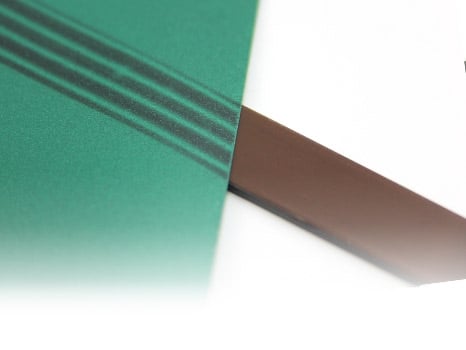- Home
- /
- Technical Advice For Every Application
- /
- Magnetic Materials Information
Magnetic Materials Information
Neodymium Magnets
Neodymium magnets are the strongest magnets commercially available and are incredibly resistant to demagnetisation. Astonishingly, a neodymium magnet can hold 1,000 times its own weight, however, standard grades have a maximum operating temperature of 80 degrees Celsius and they are not suitable for moist environments unless coated with a corrosion-resistant coating.
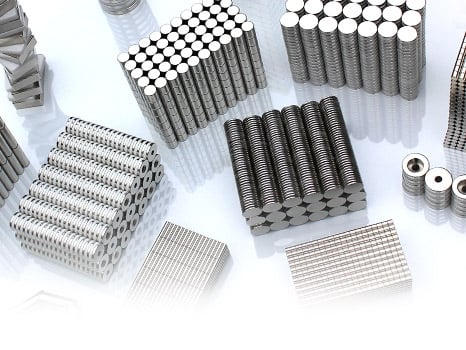
Samarium Cobalt Magnets
Also part of the rare earth family of magnetic materials, samarium cobalt magnets provide approximately two thirds of the strength of a neodymium magnet equal in size. Samarium cobalt magnets excel in high temperature and moist environments as they have superior resistance to corrosion and have a maximum operating temperature of at least 250 degrees Celsius.
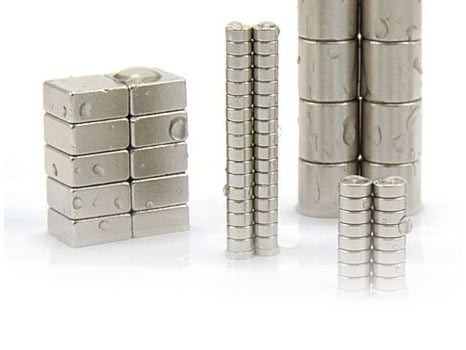
Alnico Magnets
Alnico magnets have the widest spectrum of strengths of any permanent magnetic material. It is possible that the Alnico grades with the best magnetic performance in the right application can match the performance of neodymium magnets. However, depending on how they are applied they can be susceptible to demagnetisation.
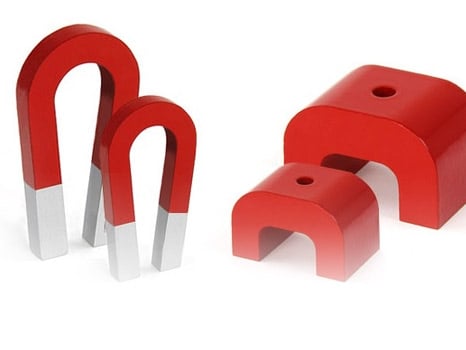
Ferrite Magnets
Although incomparable to rare earth magnets in terms of strength, ferrite magnets are inexpensive giving them a good balance between strength and price. They are also incredibly resistant to corrosion. Their price is the main reason they are the most commonly used magnet for low level applications with large production runs.
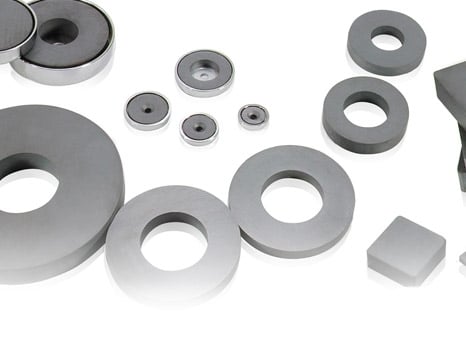
Flexible Rubber Magnets
Flexible magnets are unique in that they use magnetic particles combined within a polymer binder to create magnets in tape or sheet form. Flexible magnets are the much weaker than solid magnets of a similar size, however with a large surface area flexible magnets can be very effective.
